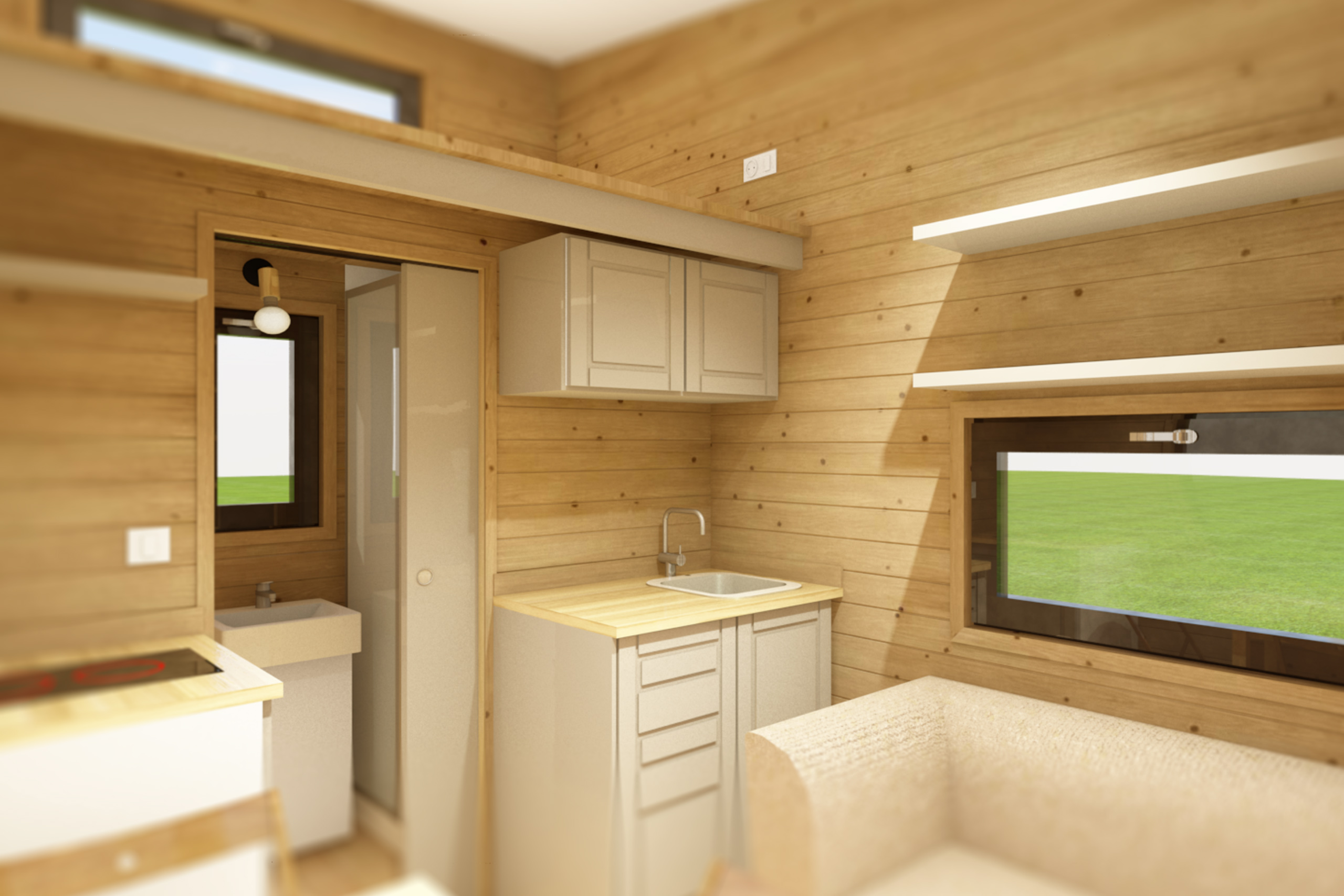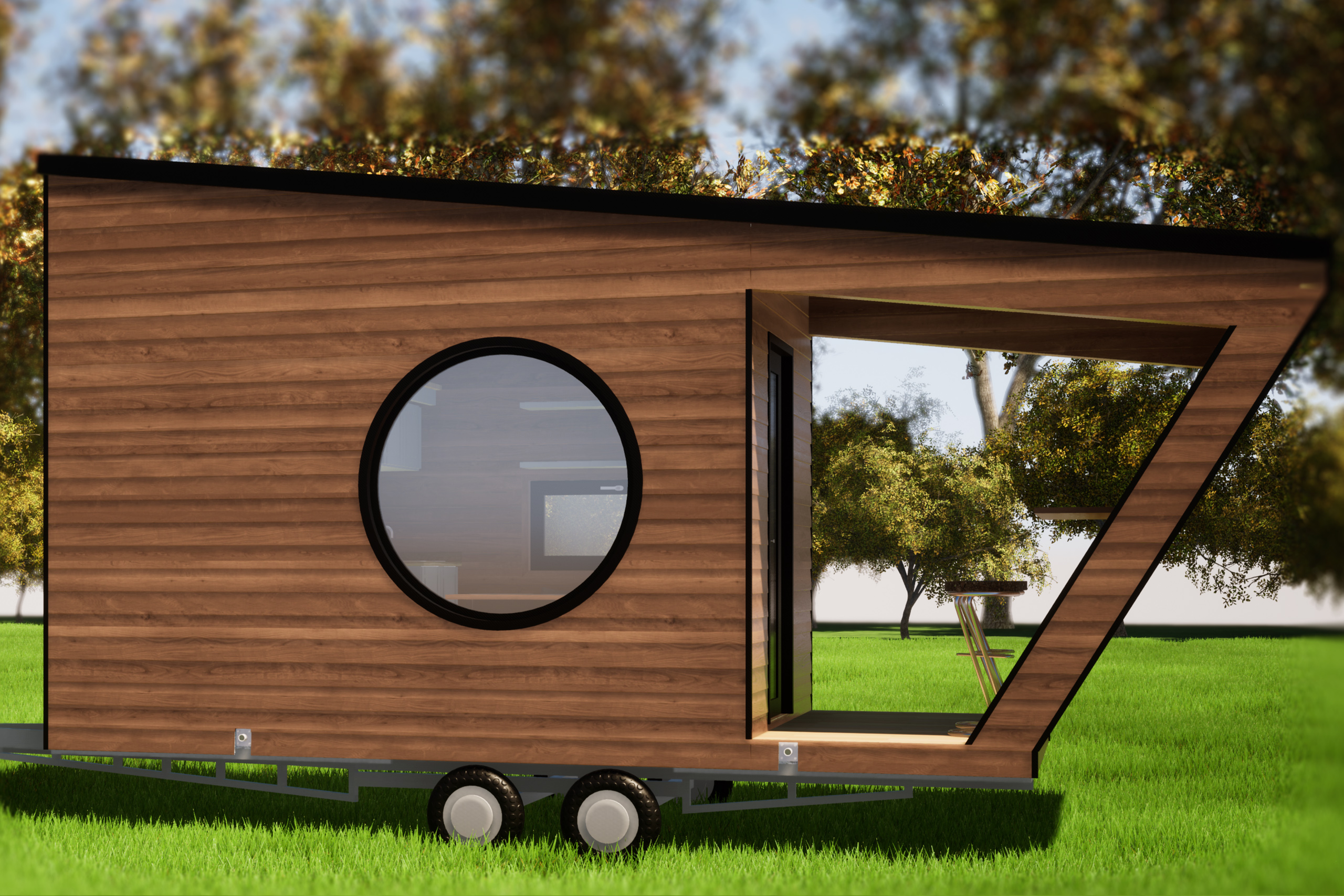The rapid spread of the novel coronavirus across multiple countries has prompted many governments to introduce unprecedented measures to slow down the epidemic. This has led to many businesses being shut down temporarily, widespread restrictions on travel and mobility, financial market turmoil, and more. So, how does a small company such as Eco Tiny House handle this unprecedented situation? Botond Szakács, CEO of the company based in Csíkszereda/Miercurea-Ciuc, has a few tips.
Considering that the business model of Eco Tiny House was to sell a properly priced, high-quality product abroad, the country’s lockdown has had an irreversible impact on the company, since their clients – just like everyone else – now think twice before taking out their credit card.

However, as Botond’s strategy was to take pre-orders, the impact of the pandemic hasn’t yet reached the company. Fulfilling orders for the tiny ecological homes takes many months, and when the coronavirus started to spread across the globe, Botond and his management team quickly developed a two-step strategy. First, Eco Tiny House introduced a new product, and second, they strengthened their online presence.
“Because people are spending more time at home, they are consuming more media content via TV and the internet. At the moment, we are putting our effort into this,” Botond told Hungarian media portal Maszol.
The new product is a Build-Your-Own Tiny House, which means customers don’t have to pay for the work hours Botond and his team normally spend assembling their ecological refuge; instead, they can do it on their own at their own pace.

Also, since the borders of the country are closed, Botond decided to focus more on the local market, a brave move, as local interest has been much smaller compared to the international market. We have to note here that despite the small size of the refuge, the prices aren’t tiny: They range from EUR 10,990 to EUR 25,500, not including VAT.
The company has also protected its employees: Those returning from abroad had to stay for two weeks in quarantine but continued to work afterward. Also, they have established new hygiene protocols.
Looking forward, Botond is optimistic: “I hope we won’t see a downturn in the long term. We plan to reach our goals set for this year, but we need to work together,” he said.
Title image: The Eco Tiny House team. Image credit: Eco Tiny House